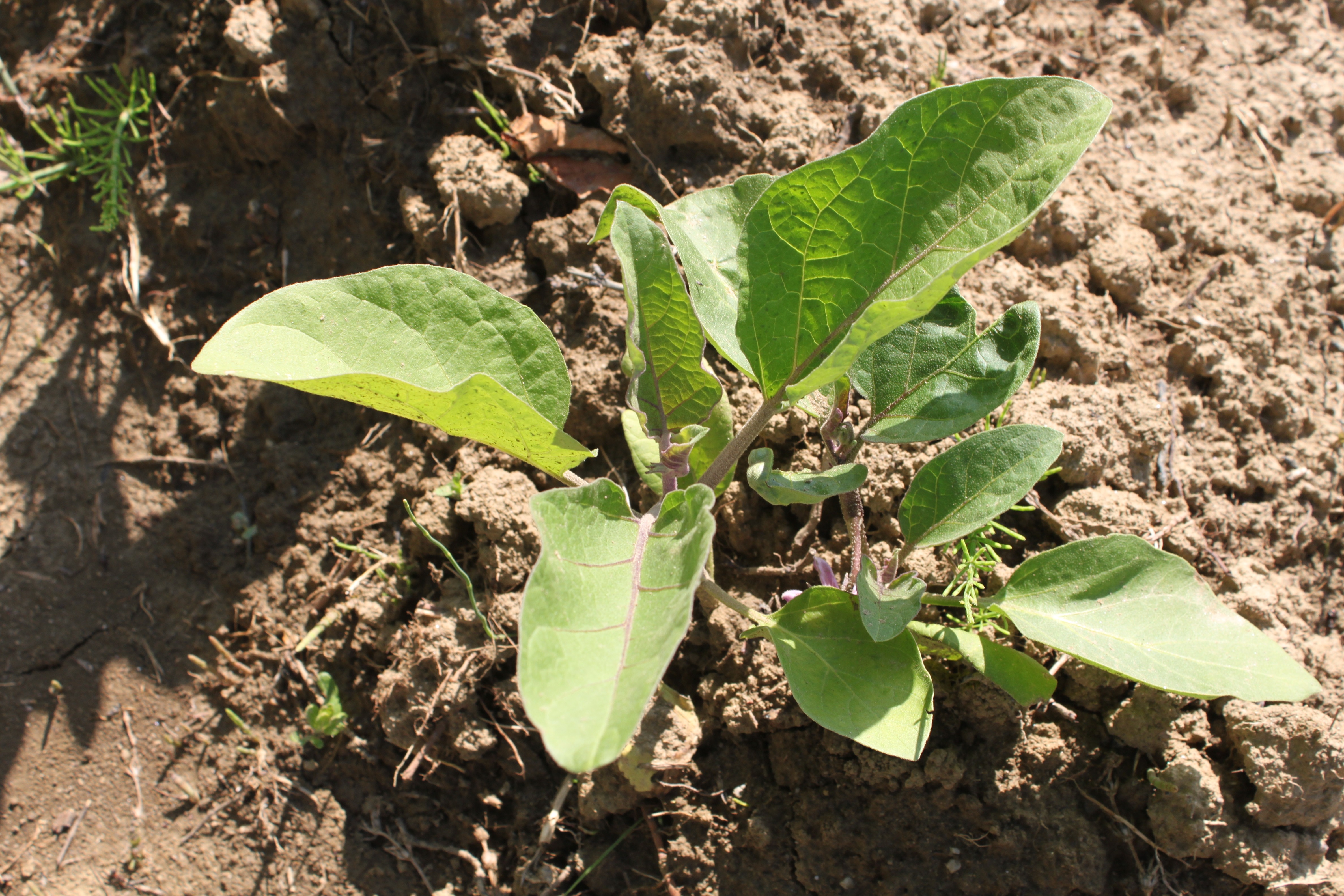
Friday, October 13, 2017 - Micronutrients are essential for crop growth, and play an important  role in balanced crop nutrition.
role in balanced crop nutrition.
They include Boron (B), Copper (Cu), Iron (Fe), Manganese (Mn), Zinc (Zn), Molybdenum (Mo), and Chlorine (Cl).
They offer different nutrients to the crop, and their levels of importance varies from crop to crop.
Each crop we grow may have one or two micronutrients that show deficiency if lacking.
These deficiency symptoms interfere and affect yields, since the photochromatic area important for photosynthesis has been affected.
Examples of common deficiencies are zinc deficiency in maize, copper in wheat, and boron in tomatoes.
It is important not to over apply one micronutrient, as it could have adverse effects on others. An imbalance makes other micronutrients important to the crop unavailable.
Soil and leaf analysis will give the farmer and the field agronomist the true picture of levels of micronutrients short in soil before planting, and levels in the crops in season.
There are various ways of remedying micronutrient deficiencies, such as foliar feeding or through compound NPK fertilizers that contain essential micronutrients for the crop.
Use of basal fertilizer as a way of applying micronutrients is more efficient and saves on costs, and time.
If you don’t spend a little bit of effort focusing on micronutrients on your farm, you’re not going to have very good production.
COMMENT: The role of trace-minerals in animal nutrition is similar to its importance in plants. Balance is as important as the amounts present. Fertilizer application cannot be tailored to the individual plant: but, the ABC Free Choice mineral program allows each animal to satisfy its need for trace mineral balance. Check it out here.
Learn more at this link